Electric cars have progressed well past the 'early adopter' stage, and with that has come the opportunity to measure actual battery ageing against predictions made in the past based on laboratory testing.
The German Automobile Club (ADAC) recently published the results of a four-year test using a Volkswagen ID 3 Pro S Tour. It took delivery of the 77kWh EV in May 2021 and various drivers contributed to 100,000 miles driven.
The battery wasn't treated especially gently. It was often charged to 100% after a trip in order to be ready for the next driver, as it had a highway range of around 250 miles, compared with an official WLTP range of 326 miles. And occasionally it was left fully charged for longer periods between journeys.
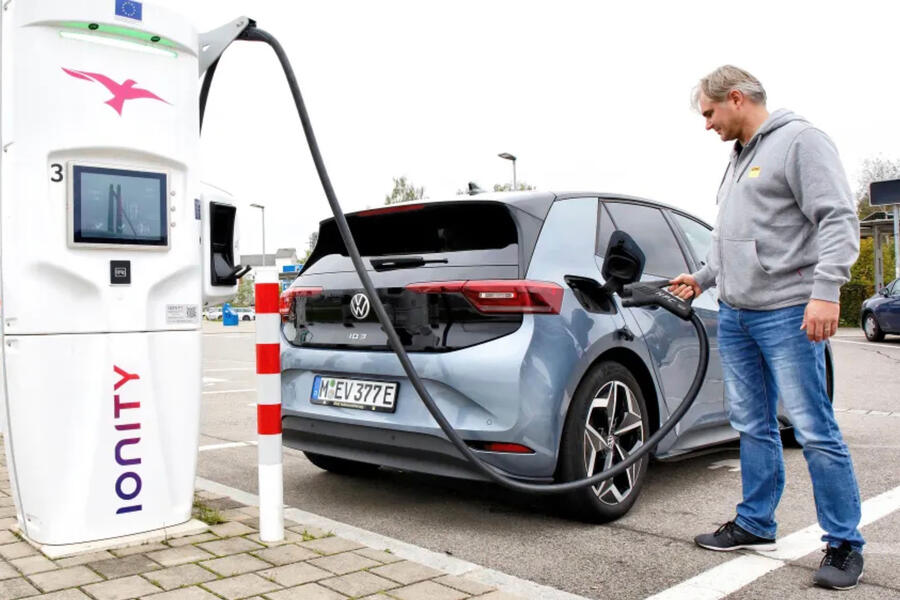
Conventional wisdom suggests both practices should be detrimental to a battery's longevity.
The warranty on the battery was eight years or 160,000km (99,422 miles) and a replacement would have been triggered had the battery's state of health (SOH) fallen below 70% of the original capacity.
There were several such updates during the test, which included various bug fixes and an increase in rapid-charging rate to 170kW. Volkswagen also says new software significantly improved power consumption over shorter distances and in winter temperatures between 0 and 5deg C.
The battery was repeatedly checked at the independent Bavarian Test and Technology Centre during the test. The SoH was 96% after 13,500 miles, 94% after 52,000 miles and 91% after 90,000 miles a figure within the expected range.
Volkswagen says it agrees with the ADAC's recommendation that software updates should always be installed when they become available.
The battery ageing was measured using the Aviloo Premium Test, Aviloo being an Austrian battery diagnostics specialist.
In a recent unrelated press release, it highlighted a study published in Nature Energy that compared two types of laboratory battery stress tests: constant current cycling (which happens only in a lab) and dynamic cycling (which involves variable charge and discharge profiles similar to real-world driving).


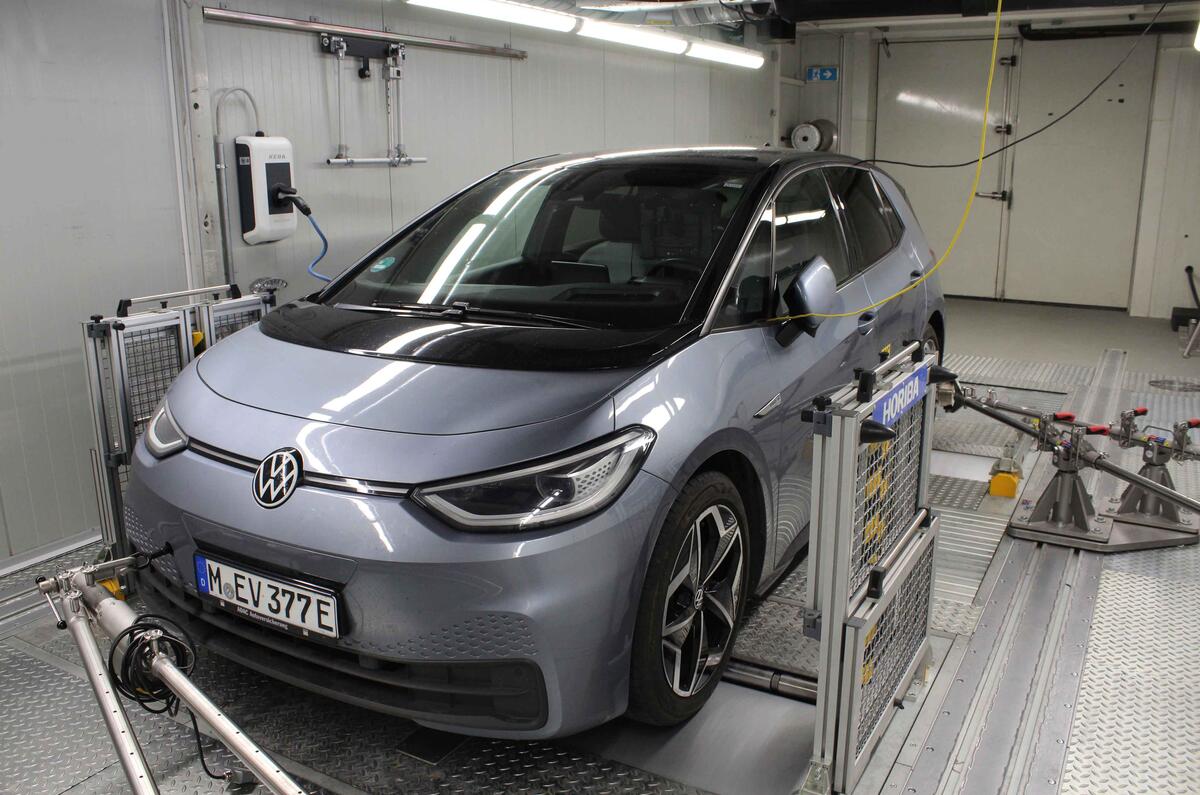

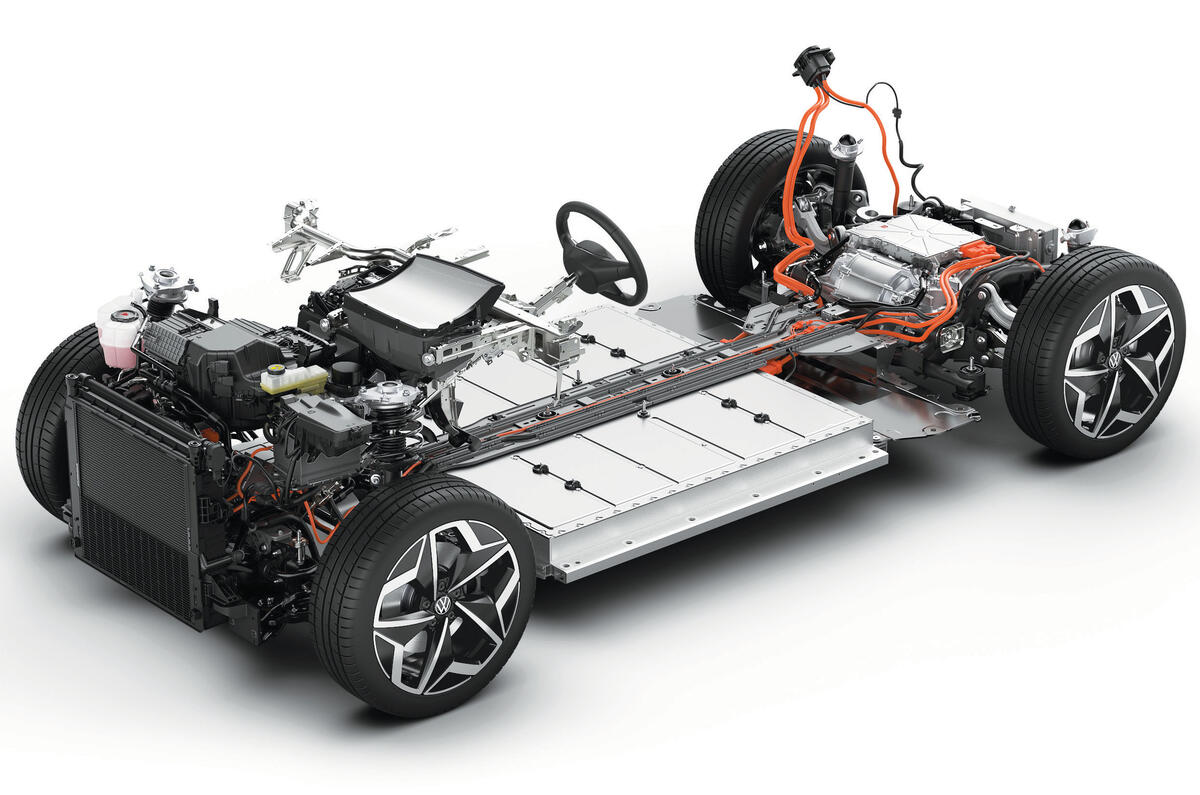
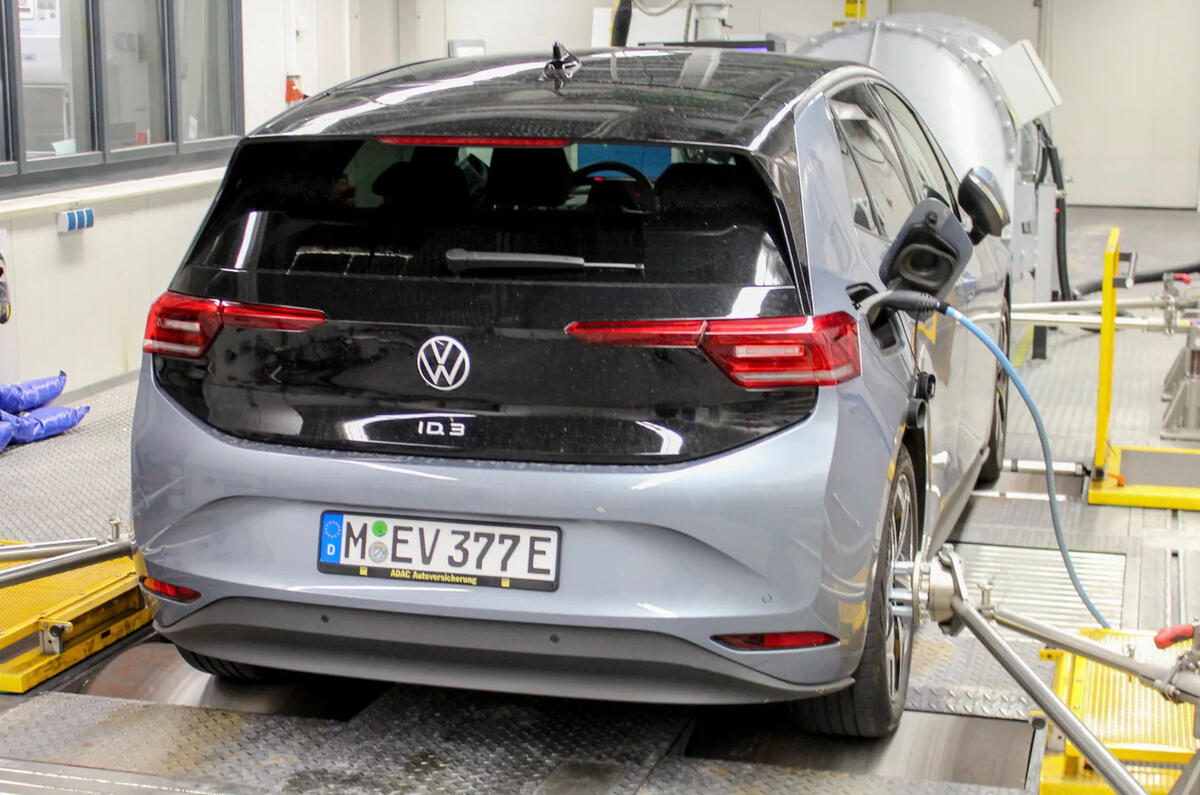
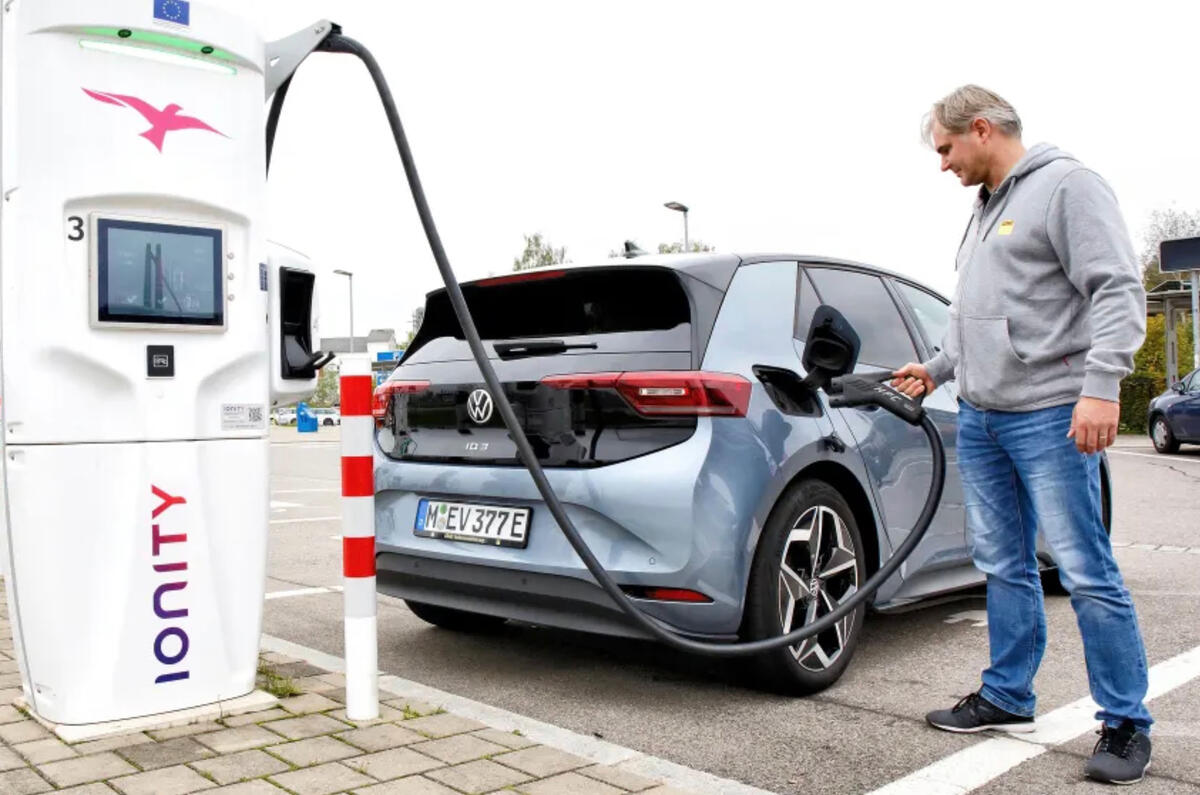
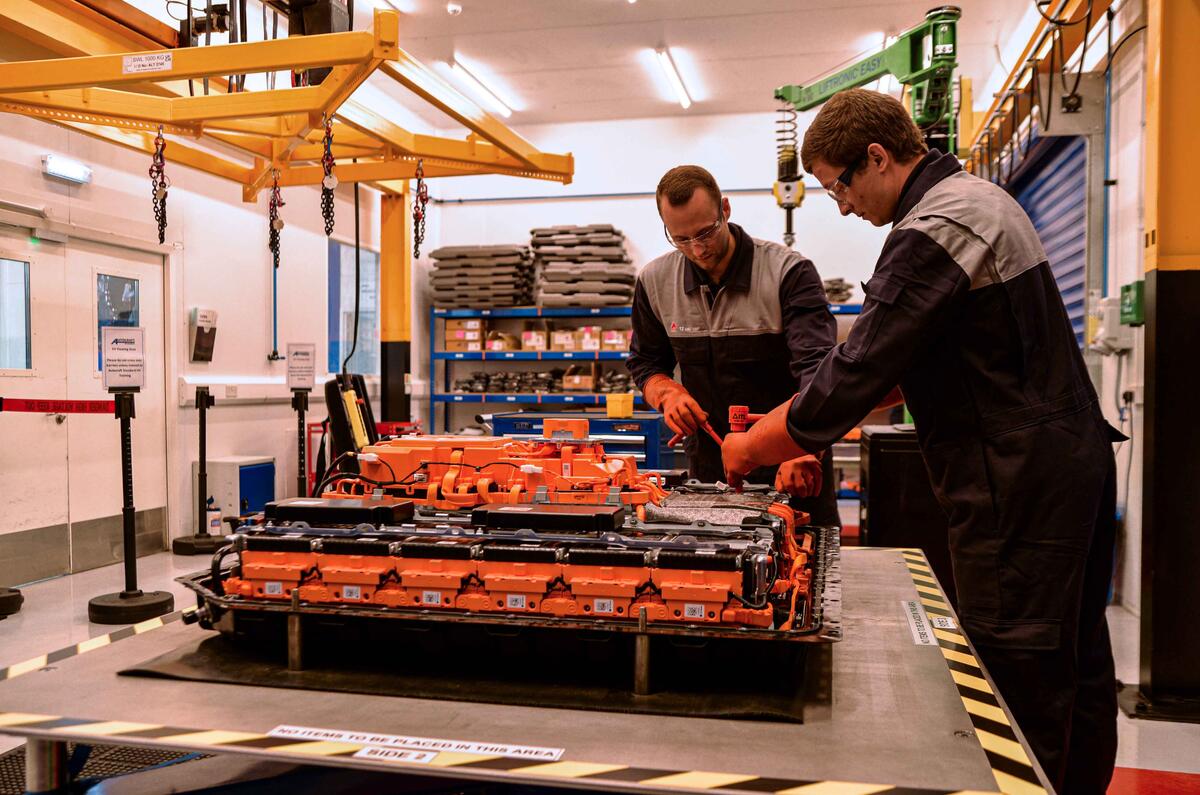
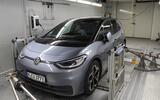

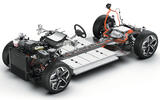
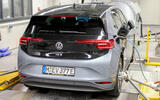
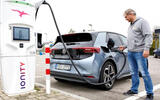





Join the debate
Add your comment
Back to the article, impressive.
Still haven't answered the question, what new tax has Reeves unleased on BEV's that you told us about
If you haven’t seen the news wait for the budget announcement.
I have seen the news and there's been no announcement for pay to drive, do you work in the treasury and is this an official leak?
https://www.autocar.co.uk/opinion/electric-cars/pay-mile-tax-misses-point-smart-ev-driving
Looks like you are confusing an article of what might happen with actually news and fact.
I have had several Tesla as company cars and was seriously thinking about buying a Renault 4 ev when I retire shortly.
Reeves has pushed me back to a petrol car . Probably a used BMW estate or similar instead.
I didn't know that, can you tell me what such a major EV tax Reeves has just introduced?
I'm confused. Assuming home charging is available to you, the tax proposal you speak of is widely being estimated at 3p per mile.
Are you seriously suggesting a petrol BMW estate is going to work out cheaper to run than a Renault 4 EV? Have you any idea how much you're paying in tax at the pump? Is Ms Reeves not also giving you at least £1500 of taxpayers money to purchase that Renault?
Makes your decision even more confusing when you say for your retirement. Again assuming this means you'll be covering less miles, I'd have thought any 'cost per mile' proposal would affect you least?
It would be sensible to wait to see exactly what the budget contains rather than making such an important decision based on rumours dont you think?
Even if this 3p/mile rumour turns out to be true, it just cuts the savings over running an EV, it doesnt make it more expensive, assuming home charging is available to you.
I do 20k miles per year, so this would increase my running costs by £600 per year to £1000 (less than 2p/mile to charge at home on overnight tariff so 5p/mile overall). My previous diesel car (60mpg) cost 14p/mile, so £2800, so Id still be saving £1800/year. But like i said, lets wait to see what the budget ACTUALLY contains.